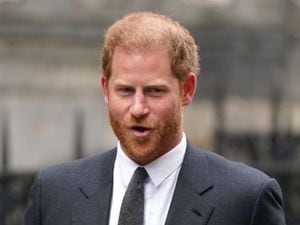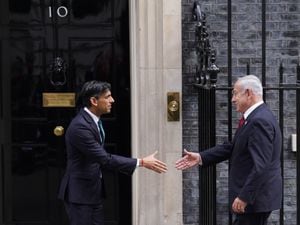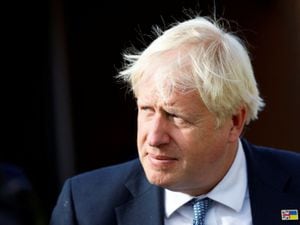£1.4m for motor neurone disease research announced by Doddie Weir charity
Funding has been awarded to MND research projects around the UK.

The charity set up by rugby great Doddie Weir has committed a further £1.4 million towards research to help fund a cure for motor neurone disease (MND).
The My Name’5 Doddie Foundation trustees have agreed a series of grant awards to MND research projects at centres of excellence across the UK.
The foundation said this brings the total amount committed by the trustees to more than £2 million and, subject to contracts being finalised, will support research projects over the next three years.
Weir announced in 2017 that he had been diagnosed with MND and went on to found the My Name’5 Doddie Foundation.
He said: “I am delighted that we are making such an important contribution to vital research work.
“I’d like to thank everyone who has made this possible, but especially the thousands of fundraisers who have given their time, energy and imagination to help us raise such significant funds.
“Our advisory panel has really helped steer our thinking and given us direction – we greatly appreciate their input.”
Weir began his rugby career at Melrose RFC before going on to play for Scotland and Newcastle Falcons.
The work of Chris Shaw, professor of neurology at King’s College London, has already benefited from the foundation’s support and this has been extended, while further investment has been awarded to Ammar Al-Chalabi, professor of neurology, also at King’s College.
Dame Pam Shaw, professor of neurology at the University of Sheffield, also welcomed the support announced by the foundation.
She said: “We are absolutely delighted at the support given to the Sheffield Institute for Translational Neuroscience by the My Name’5 Doddie Foundation.
“We will use this generous support to enable our team to build the manpower needed to conduct the pipeline of exciting clinical trials on the horizon for patients with MND.
“Our goal is to find therapies which protect motor neurones and slow down the progression of MND symptoms and also to give as many patients as possible the opportunity to participate in new treatment trials.”
The foundation is keen to encourage collaboration between the centres and also announced further investment into drug re-purposing research.





